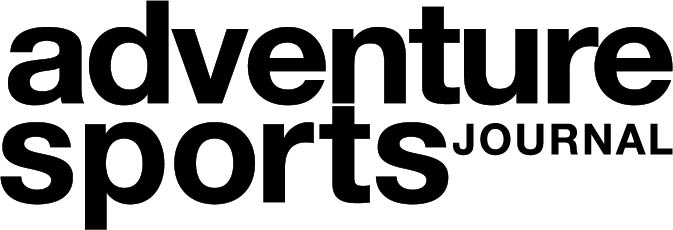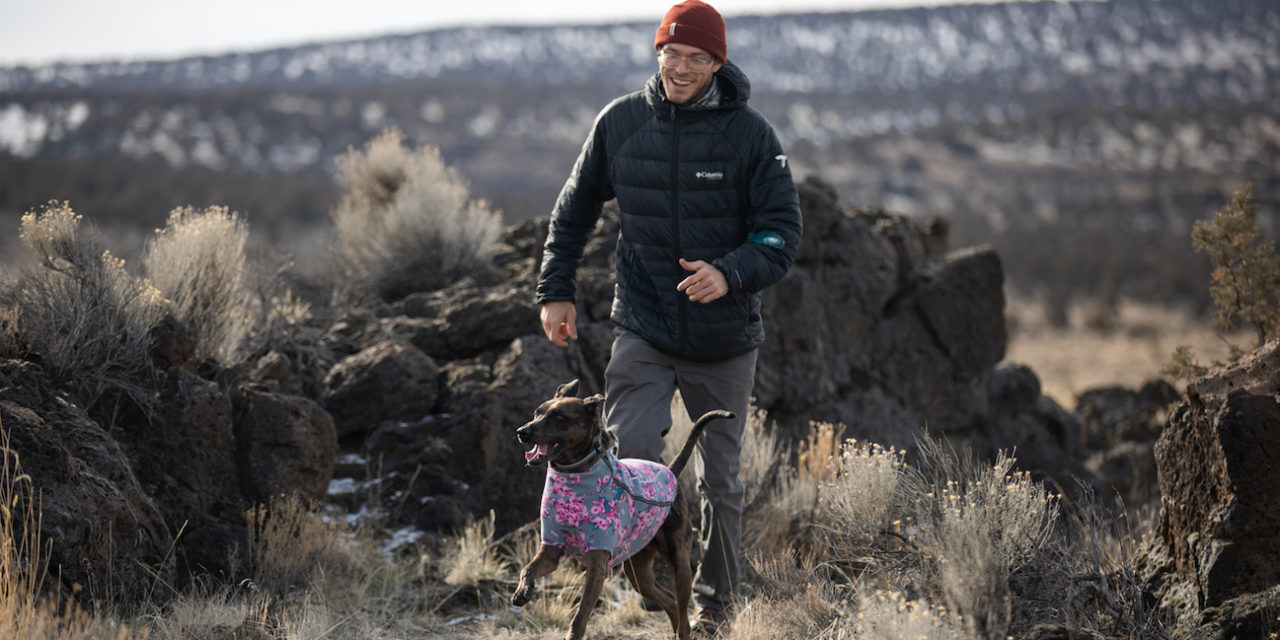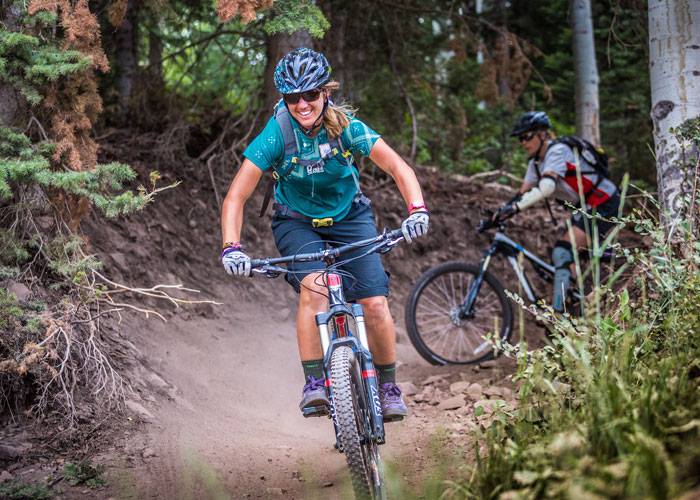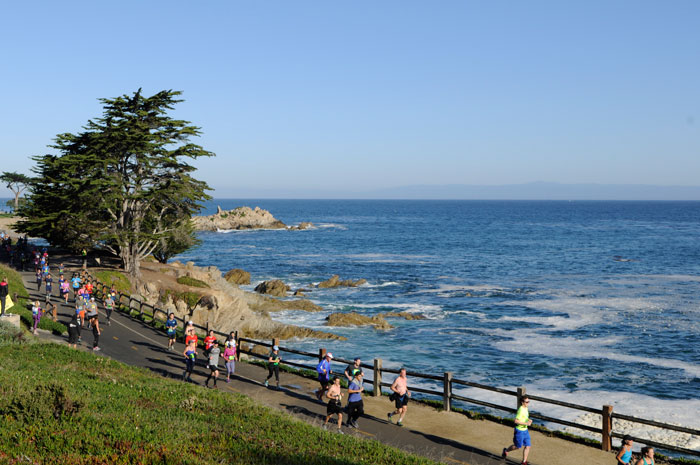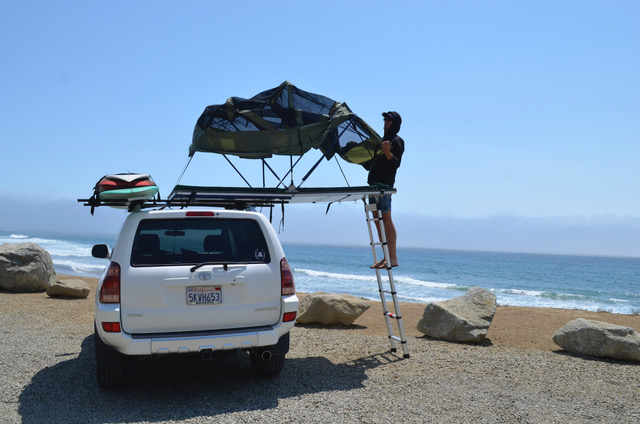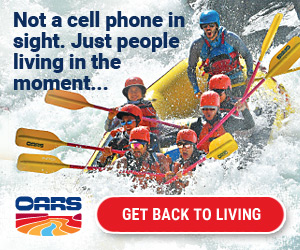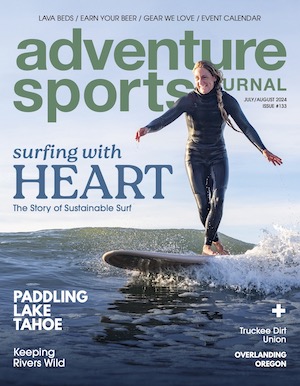- Tahoe’s Nevada Beach Tops the List of Hard-to-Book Campgrounds - 07/17/2024
- Cannabis Watershed Protection Program Cleans Up Illegal Grow Sites - 07/10/2024
- French Fire - 07/05/2024
A letter from Trevor DeHaas about his kidney disease — IgA Nephropathy and kidney donations
For the last 20 years I’ve lived with an autoimmune disease called IgA Nephropathy and it affects my kidneys. Unfortunately there is no known cause or cure for this disease. Between both my kidneys I only have 10% functionality left so I have two options: get a kidney transplant or live on dialysis until I die. Dialysis is horrible for patients and typically patients only live an average of five to ten years while on dialysis.
So I am pursuing a transplant in two different ways. The simplest way is by getting a deceased kidney. Unfortunately the waitlist for a kidney where I live, Santa Cruz, CA, is ten years. I’ll most likely be dead and donating my organs before I can get a dead person’s kidney. The other avenue is pursuing a living donor which is what I’m currently trying to do. I’m signed up with University of California San Francisco (UCSF), one of the best in the nation.
There are three pieces of criteria for someone to be my donor:
- Blood Type
- Tissue Type
- Cross Matching
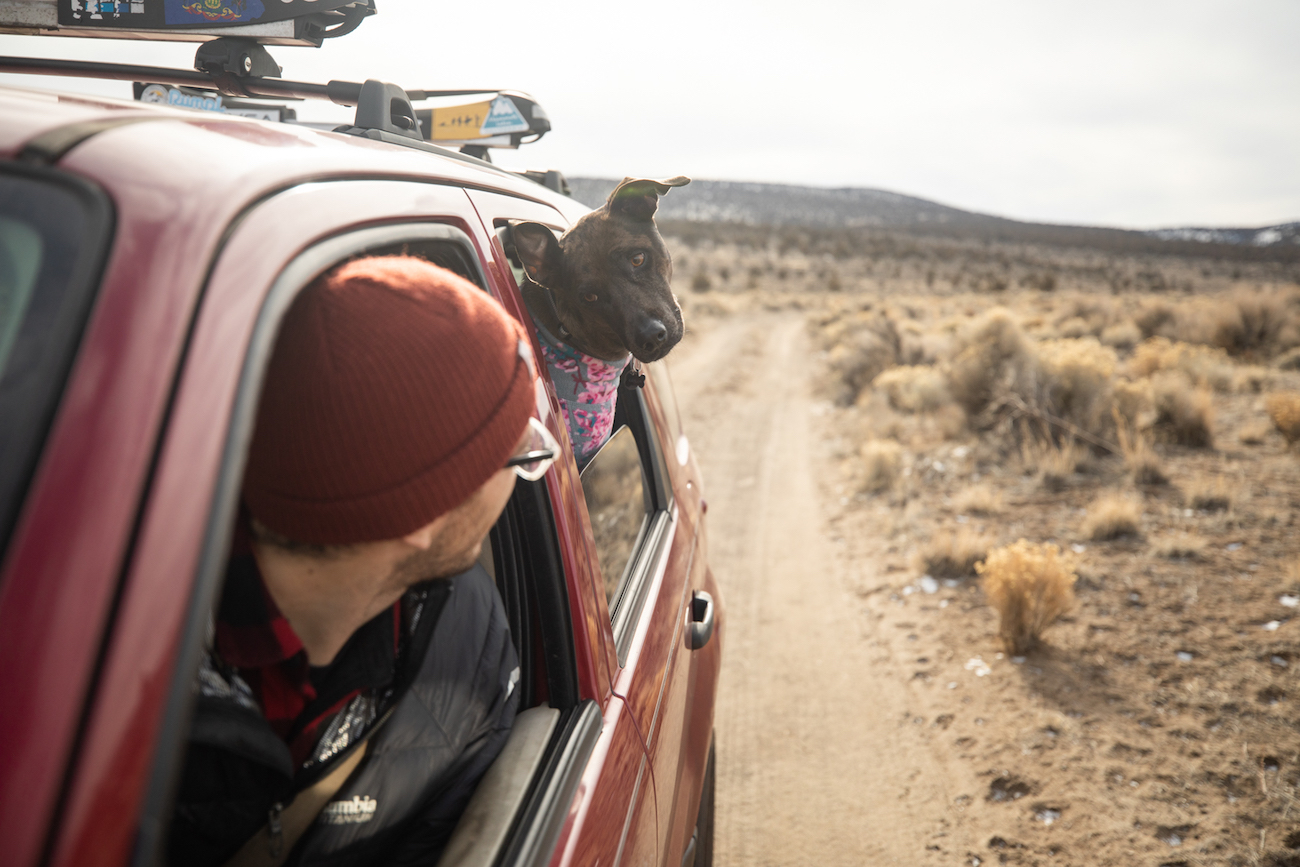
I’m Type O+. The +\- doesn’t matter in this case. I can only accept a kidney from another type O. However UCSF participates in a program called The Kidney Exchange Program. In this program if someone wanted to be my donor but wasn’t the same blood type they could still exchange their kidney.
Here’s an example of how it works:
If Bob is type A he can’t be my donor, but he wants to be.
Joe is type O and wants to donate to his friend Bill who is type A.
With the exchange Bob would donate his kidney to Bill and Joe would donate his kidney to me.
The tissue type is a little more difficult to explain. It’s not something people know like their blood type. It’s a test that measures antigens. This blood test checks the tissue match between a donor’s white blood cells and the recipient’s white blood cells.
The last test is Crossmatching. In this test, blood cells from the donor and recipient are mixed together to tell if the cells with be compatible.

So someone who is interested in seeing if they are a donor would first want to fill out a questionnaire from UCSF which is found here. FYI — They will need two pieces of my info: My name, Trevor DeHaas, and my birthday, 01/02/1990. After filling out the questionnaire UCSF will then reach out to the potential donor and send them a kit to take when they get their blood tested.
If the potential donor matches blood, tissue, and crossmatch they should be able to be my donor but will still be required to have more tests — CT scan, ultrasound, x-ray, etc.— to make sure they are healthy enough to donate. Luckily for the potential donor this is all paid by my insurance so as to not penalize them for trying to give the gift of life.
In the event that my potential donor has their own issues after donating (~1%) they would be put on the top of the waitlist. UCSF has only had this happen with two people in 30 years and both donors got put on the top of the list and got a new kidney in less than a week. Just some added protection in case something were to go wrong.
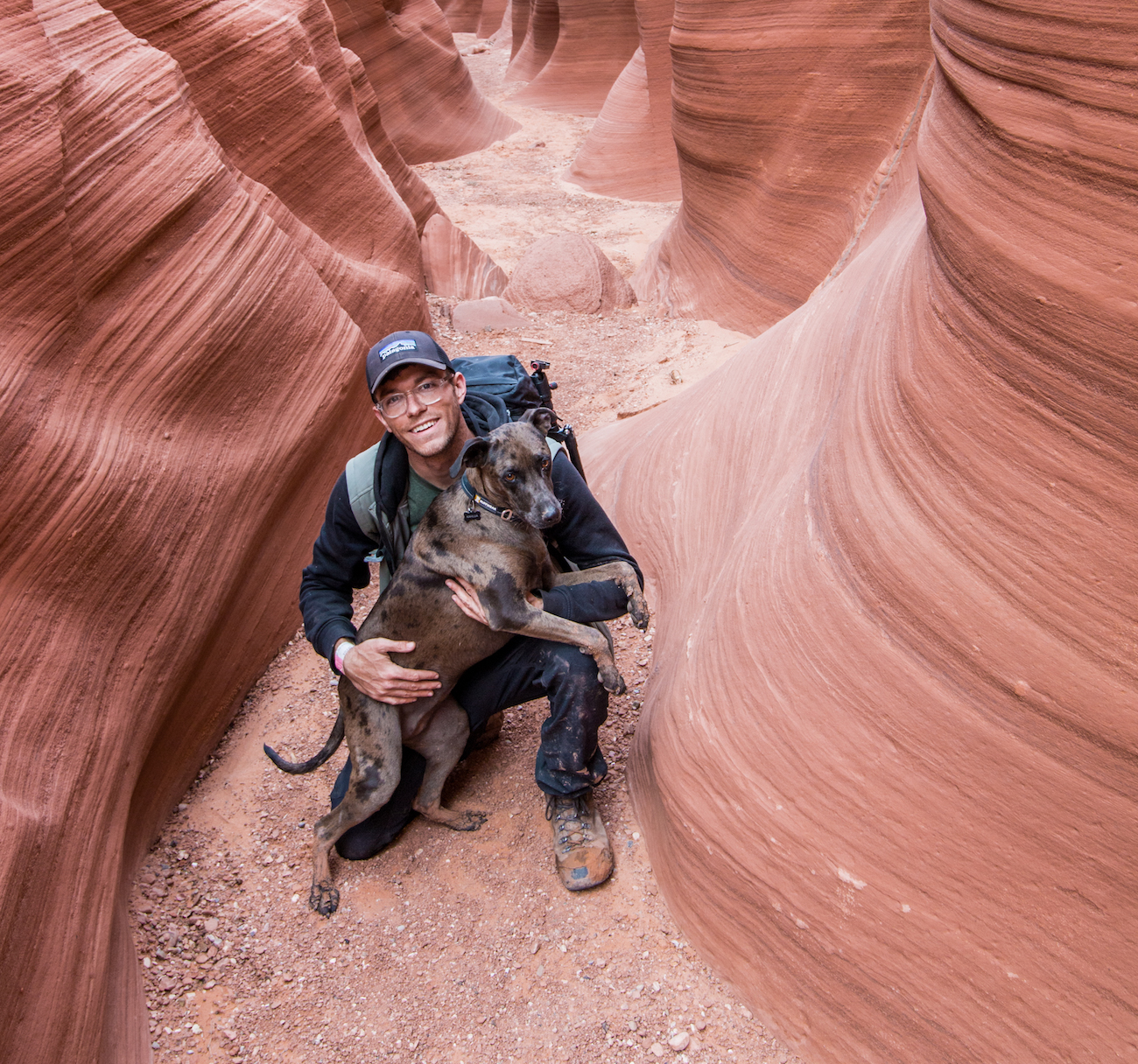
From the time someone starts getting tested, assuming they pass all test they could be my donor in as little as six months.
Unfortunately I have had no success with any potential donors, but I’m not giving up yet. In fact, in August I’m planning on paddleboarding around the circumference of Lake Tahoe (72 miles) in seven days. I’m going to be doing this to try and raise awareness and money for the cost of the transplant.
If I were to simplify and summarize this it would be:
I only have 10% functionality left between my kidneys. I’m in desperate need of a kidney transplant and don’t want to live on dialysis for the rest of my life. If someone is interested in becoming a donor they should check out my link here.
Or they can go to my Instagram where it’s hyperlinked in my bio. Or they can call UCSF’s transplant department directly at (415) 353-1551.
One simple blood test will tell if myself and a potential donor are compatible by checking our blood type, tissue type, and crossmatching. If compatible the potential donor needs to be in somewhat good health to be a donor. Obesity, high blood pressure, or history of cancer are just a few examples of common disqualifications. Most healthy individuals only need one kidney and most donors don’t notice a difference living with one kidney.
Having the same blood type as me (Type O) is ideal but utilizing The Paired Exchange Program allows any other blood types to donate to me as well.
All expenses for a potential donor are reimbursed by my insurance or non-profit programs.
I hope that all makes sense. Let me know if you have any questions or need more info.
Ed: Here is a link to Trevor’s ASJ cover photo and our current issue. 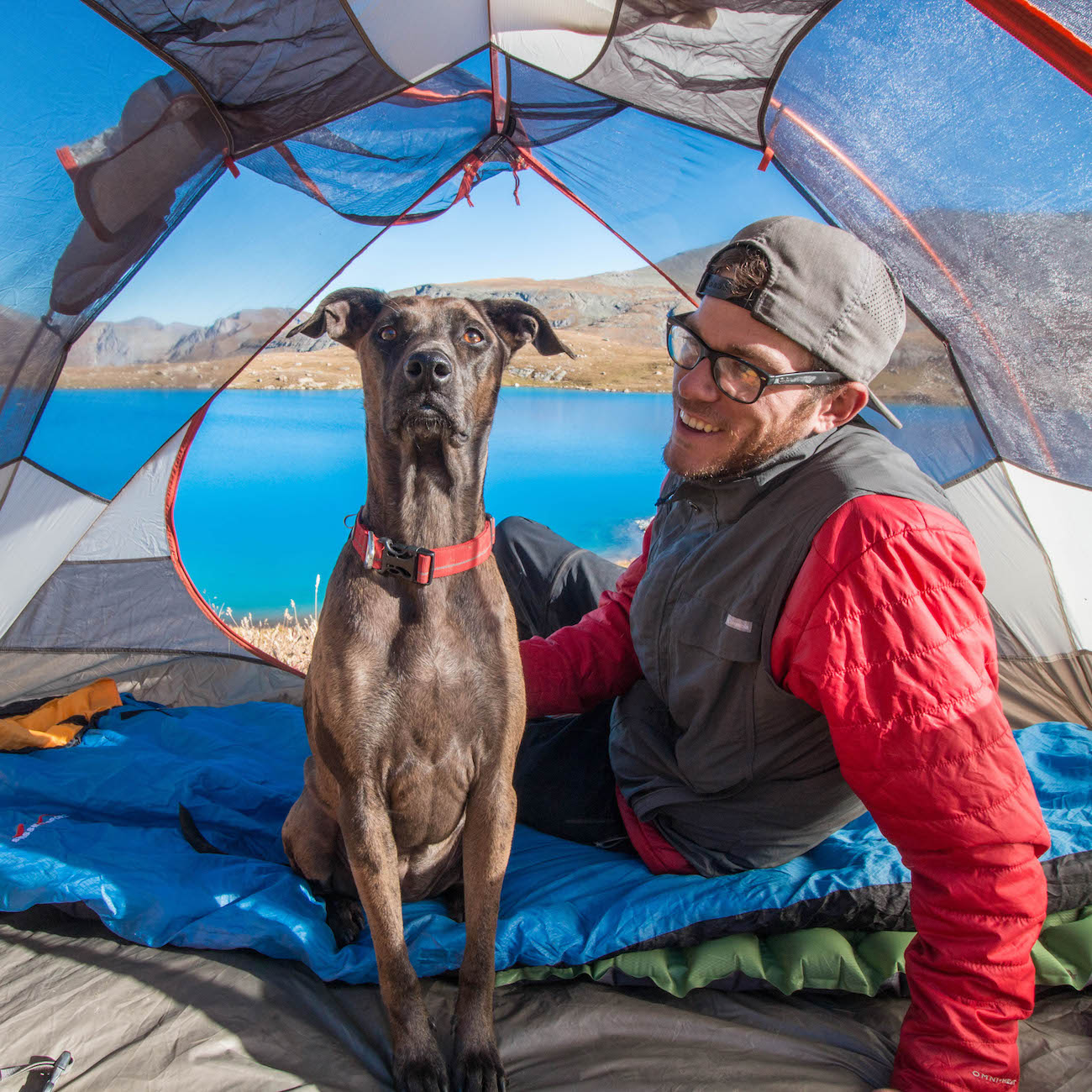
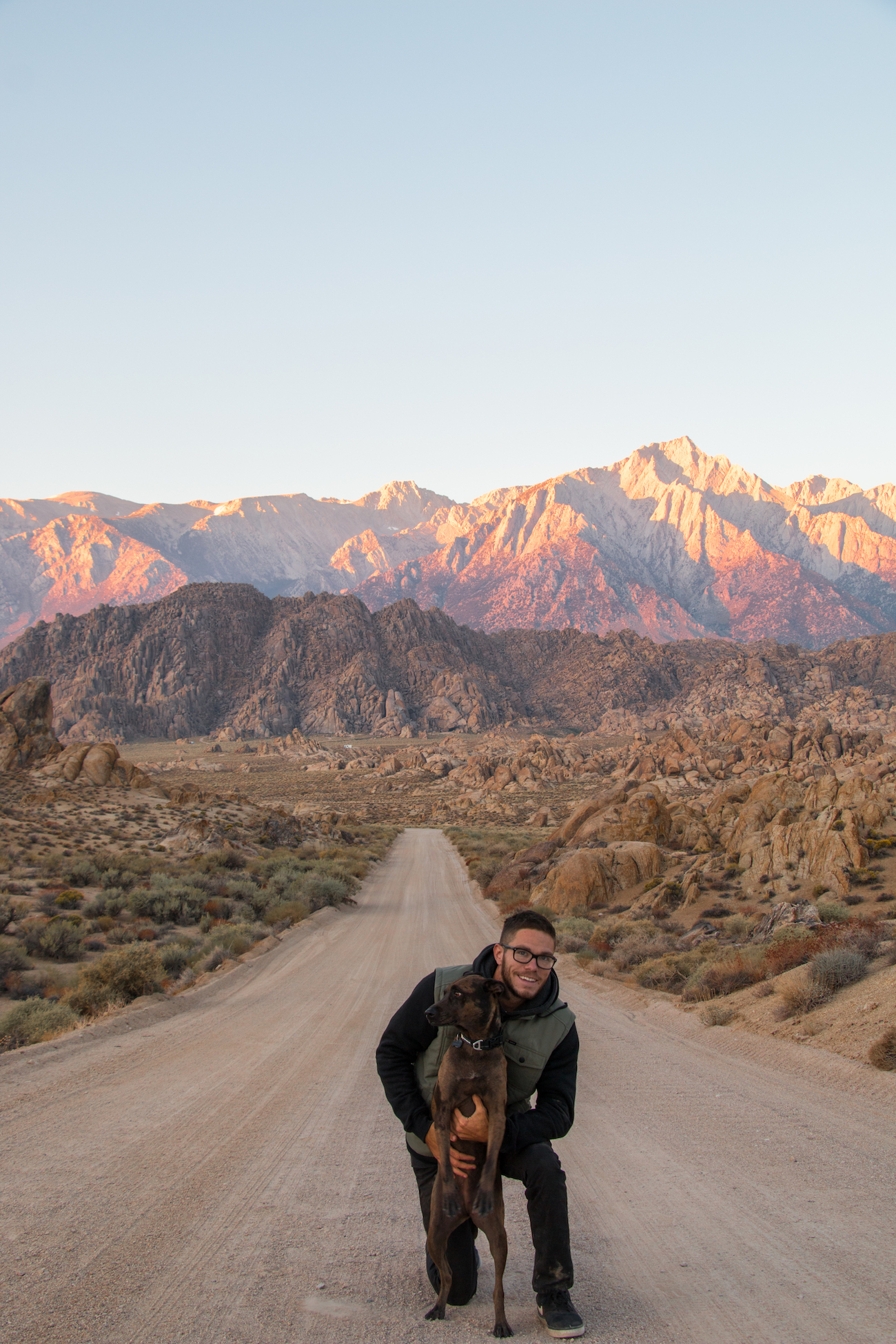
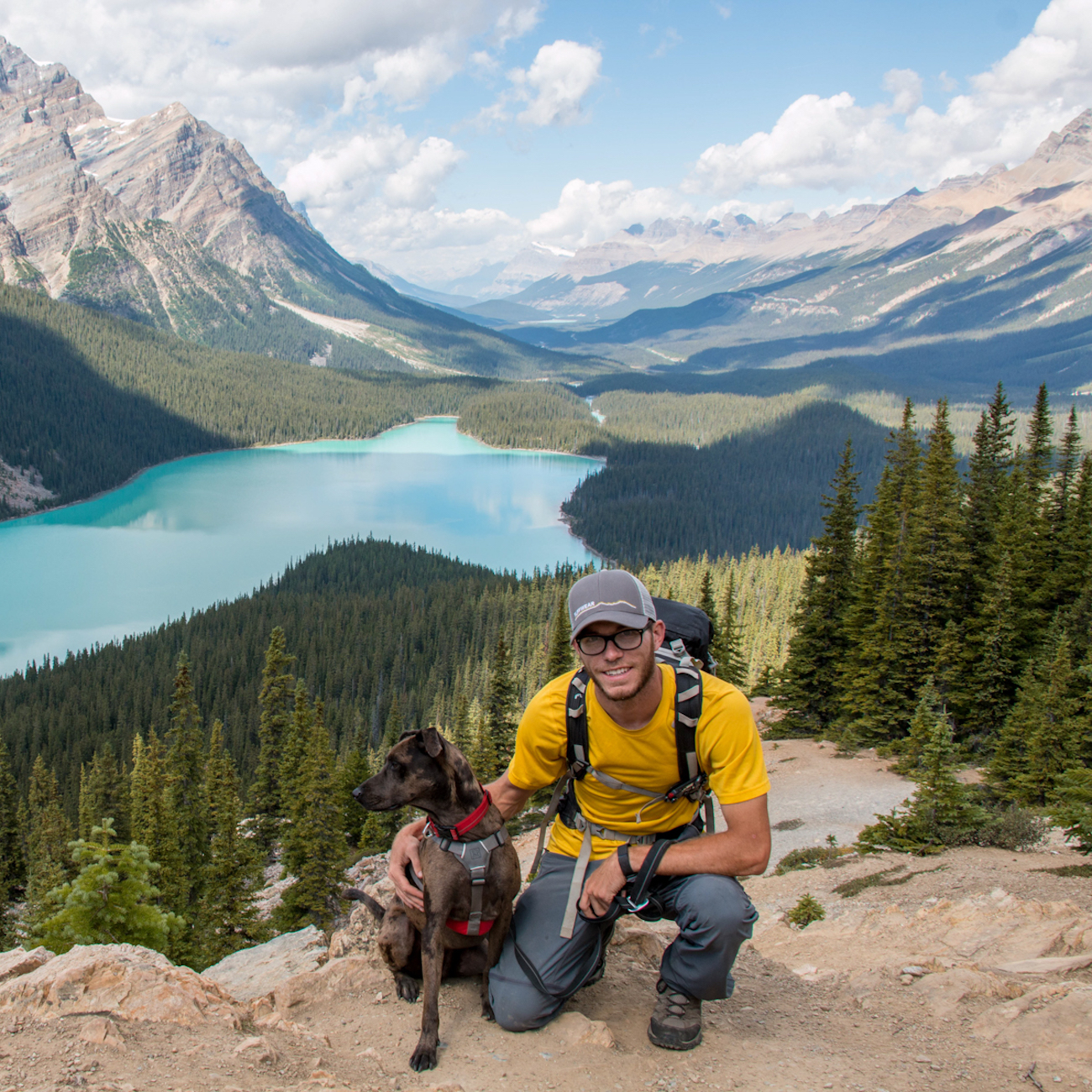
Trevor Needs a Kidney
